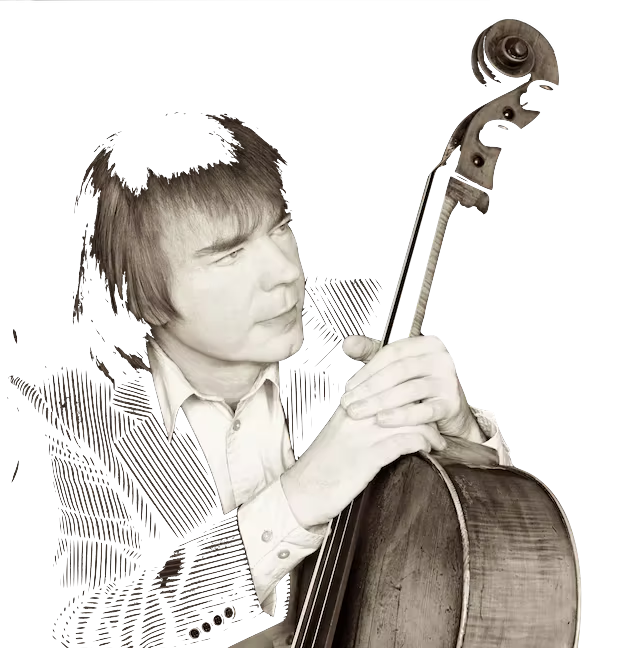Julian Lloyd Webber and the EU Chamber Orchestra at St George’s, Bristol
20th April 2012
The European Union is not something one would normally expect to be associated with music, but their chamber orchestra is exceptional. Formed in 1981, they now have a worldwide reputation as musical ambassadors. Opening an evening of style and grace at St George’s, Bristol with Handel’s Arrival of the Queen of Sheba, the orchestra gave an air of confidence. Not only were they incredibly unified, but they had a cheery disposition on stage; smiling and connecting with each other through the music. From the third act of Handel’s oratorio Solomon, the celebratory nature of this work started the night off with a bang. It provided a clever welcome to Julian Lloyd Webber as musical royalty.
The programme for the evening was a mixture of well-known classical works, from Bach’s Air on a G string, to Samuel Barber’s Adagio for Strings. The Adagio was spine-tingling; being one of those pieces where you daren’t breath through fear of making a noise and ruining the sheer perfection of it all. The suspended notes give the piece a melismatic quality that keeps the listener in suspense due to its use of unusual, ever-changing time signatures. The icing on the cake was an ambiguous final note that just left you wanting more and, despite Barber having composed a Molto allegro to follow in the quartet version and answer the open-ended quality of this piece, it was nice to hear it on its own.
The star of the night, Julian Lloyd Webber is widely held to be one of the leading cellists of his generation. His story as a musician started at the age of sixteen with a scholarship to the Royal College of Music, after which he completed his studies in Geneva under the renowned French cellist Pierre Fournier. The sound of his ‘Alexandre Barjansky’ Stradavarius cello (c. 1690) has a unique quality with subtle nuances that allowed Lloyd Webber to give the audience a personal performance. He was so completely involved in the music it was almost as though you could see him humming the Haydn Concerto in C major in his head. The Air on a G string is a tricky piece to perform as not only is it extremely well known, it is all on one string, which gives it a romantic, relaxed feel by sliding smoothly between notes. Lloyd Weber’s interpretation of the concerto was understated and elegant and met with a great response from the audience. He played as though he was relating to a personal memory in both pieces and his performance could be described as cerebral and intellectual. Many soloists will move around wildly with the music whereas Lloyd Webber gave a tight performance straight from his heart and imagination. On stage, he demonstrated the true power of his knowledge of the music.
The night was nicely rounded off with an orchestral encore of Handel’s Water Music Suite no. 1 in F. This was a pleasant piece, full of optimism and acting as a coda to an evening of captivating musical works. Whilst Julian Lloyd Webber gave a fantastic performance it was the European Union Chamber Orchestra that stood out (and literally stood up) throughout the entire performance. All credit to them and their director Jérôme Akoka (lead violin) for an excellent evening.
Alexandra Hamilton-Ayres


